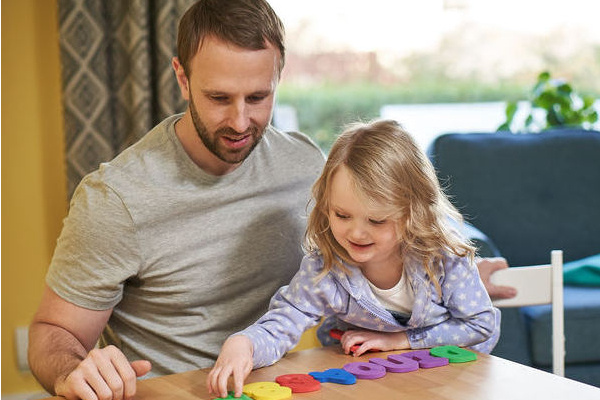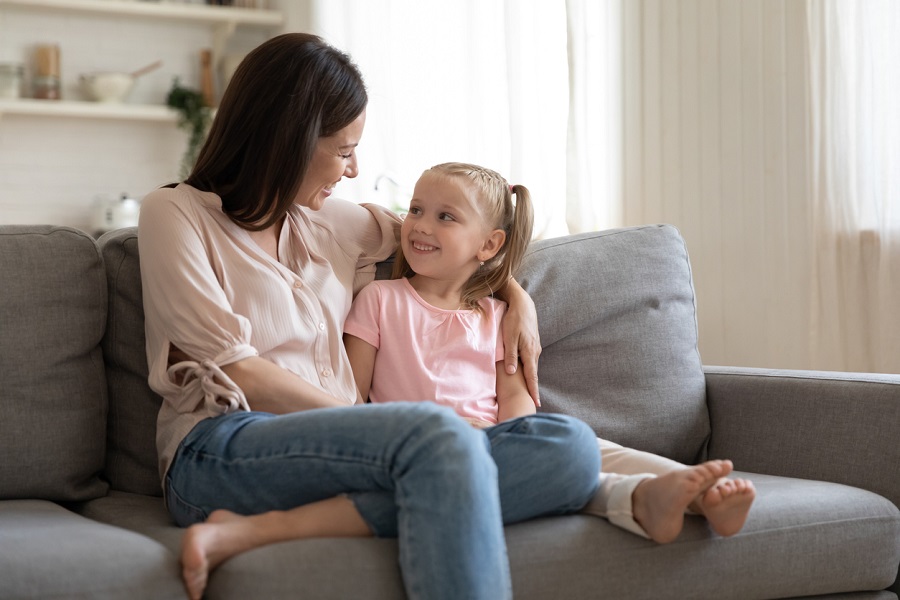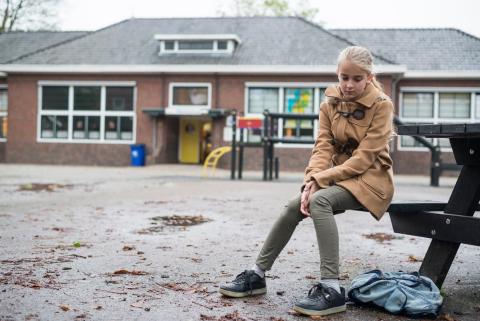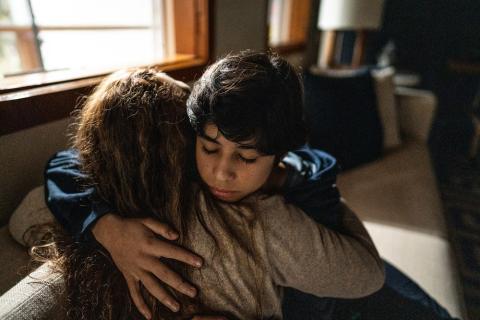All children are different, and different things affect them in different ways. And some children are just naturally more anxious or prone to worrying than others. However, there are some things children may go through that can impact their mental health, so here’s where you can get further advice and support.
Bullying
If you’re worried that your child is being bullied, our section on bullying has practical advice on your options.
Problems with friends
Making friends, changing friends and falling out with your friends is all a natural part of growing up as your child develops and changes their interests. But problems with friends can be very upsetting for children. Our page on helping your child with problems with friends has advice if things aren’t going smoothly.
Worries about school
It’s natural for children to be anxious about school at certain points, like when they start a new year or have exams. But if they’re constantly upset and/or worried about going to school and this affects their overall wellbeing, this is different. Our page on school avoidance explains what you can do if your child is overly anxious about school or refusing to go to school.
Negative experiences online
Sometimes, no matter how hard you try to protect your child online, they may see or experience something that upsets or frightens them. Our page on negative experiences online has advice on how to support them and how to report inappropriate content online.
Separation and divorce
Even if you and your partner know that separation is the best thing for you and your children, it can still be tough for everyone. And some children can react badly when they’re told their parents are splitting up. Our page of tips for helping your children if you split up also includes information on where you can get support and advice.
If a family member is in hospital
If someone in your family or anyone special to your child has to go into hospital, this can be scary for them and you may be worried about how to talk to them about it. ICU Steps have a great guide for helping children understand what happens when someone goes into intensive care, and has practical things you can do together to make the situation less scary. ICU Steps also produce a useful guide for parents, to help you support your child if a family member is in hospital. You can download both these guides from the ICU Steps website here.
Bereavement
Losing a loved one is always hard for everyone. Depending on the age of your child, they may find it hard to understand, or it may make them feel unsettled and afraid of losing other people. Talking about the death of a loved on to a child is a hard thing for parents to do, but there is support available if you need it. Our pages on coping with bereavement and coping with suicide have advice on talking to your child about the loss, and helping them deal with their grief. They also list organisations who can support you through this difficult time.
Money worries
It’s not unusual for children and young people to worry about money, just as adults do. They may be worried because they’ve picked up on things you’ve said, or because they’ve heard about the cost of living crisis on the news. Our page on talking to your child about current events has advice on how to approach this, and you can also find helpful advice on this page on talking to your child about money on the YoungMinds website.
 Activities & Play
Activities & Play Behaviour
Behaviour Childcare
Childcare Development & Growing Up
Development & Growing Up Family, Friends & Relationships
Family, Friends & Relationships Feeding Your Baby
Feeding Your Baby Food & Eating
Food & Eating Health & Safety
Health & Safety Mental Health & Wellbeing
Mental Health & Wellbeing Money & Work
Money & Work Online Behaviour & Safety
Online Behaviour & Safety Pregnancy & First Days
Pregnancy & First Days School & Education
School & Education Sleep
Sleep










 Behaviour
Behaviour
 Sleep
Sleep